Table of Contents
AI Transformation: Unlocking New Levels of Business Efficiency and Innovation is redefining the landscape of modern business. By understanding AI’s role in business transformation, companies can harness its key benefits to enhance operational efficiency and drive innovation. As organizations adopt AI technologies, they encounter exciting opportunities and unique challenges that shape their future. This article explores how AI-enabled process automation can lead to significant improvements and the potential it holds for transforming industries worldwide.
Understanding AI’s Role in Business Transformation
What is AI?
Artificial Intelligence (AI) refers to the simulation of human intelligence in machines designed to think and act like humans. It encompasses various technologies and methodologies that enable machines to perform tasks that typically require human intelligence. The primary types of AI include:

- Machine Learning (ML): This subset of AI focuses on the development of algorithms that allow computers to learn from and make predictions based on data. For example, ML is widely used in customer recommendation systems.
- Natural Language Processing (NLP): NLP enables machines to understand and interpret human language, making it possible for applications like chatbots and voice assistants to interact seamlessly with users.
- Computer Vision: This technology allows machines to interpret and process visual data from the world, aiding in applications such as facial recognition and autonomous vehicles.
By integrating these technologies, businesses can leverage AI to automate tasks, enhance customer experiences, and drive operational efficiencies.
AI Transformation : The Evolution of AI in Business
The journey of AI in business began decades ago, with early developments focused on simple tasks. However, significant advancements over the past few years have propelled AI into a central role in business strategies.
Historically, AI started with rule-based systems that followed predefined rules to perform tasks. As computing power increased and vast amounts of data became available, AI evolved to include more complex algorithms, enabling machines to learn and adapt independently. This transition laid the groundwork for today’s AI applications that can analyze data, recognize patterns, and make informed decisions.
Recent advancements in deep learning and neural networks have further accelerated AI’s capabilities, making it a powerful tool for businesses seeking to innovate and stay competitive.
Read this also “ The Role of AI in Transforming IT Operations: Trends and Insights“
Read this also “ AI Industry Thrives Amid Robust Funding and Regulatory Interest, Says New Report”
Read this also “ From Data to Insights: Leveraging AI and NLP for Customer Feedback Analysis “
Current Trends in AI Adoption
Statistics indicate a rapid rise in AI adoption across various industries. According to a recent survey, over 70% of organizations reported investing in AI technologies, and the global AI market is projected to reach $190 billion by 2025. Industries such as finance, healthcare, and retail are at the forefront of this transformation, utilizing AI for predictive analytics, personalized marketing, and process optimization.
As companies recognize the potential of AI, the trend is shifting towards integrating AI into core business operations, making it an essential component for driving future growth.
Key Benefits of AI-Enabled Process Automation
Enhancing Operational Efficiency
One of the most significant advantages of AI-enabled process automation is the enhanced operational efficiency it provides. By automating repetitive tasks, businesses can free up valuable human resources, allowing employees to focus on more strategic initiatives.
For instance, Indeed, a leading job search platform, utilizes AI to send personalized emails to job seekers, significantly improving user engagement. Another example is BPM’s tax law tool, which automates the intricate process of tax compliance, allowing businesses to manage their tax obligations more efficiently.

These case studies illustrate how AI can streamline operations, leading to faster turnaround times and improved service delivery.
Reducing Operational Costs
AI also plays a pivotal role in reducing operational costs by AI Transformation. By minimizing waste and optimizing resource utilization, businesses can significantly cut expenses. AI algorithms analyze processes to identify inefficiencies and suggest improvements, ultimately leading to cost savings.
For instance, manufacturing companies can implement AI to predict machinery maintenance needs, reducing downtime and extending equipment life. This proactive approach minimizes operational disruptions and ensures a more efficient allocation of resources.
Improving Accuracy and Decision-Making
Another crucial benefit of AI in business is its ability to improve accuracy and decision-making by AI Transformation. Traditional data analysis methods often involve human error, which can lead to misguided strategies and costly mistakes.
AI enhances data analysis by processing vast amounts of information quickly and accurately. For example, financial institutions use AI to detect fraudulent transactions in real time, reducing risk and ensuring compliance. By leveraging AI’s analytical capabilities, businesses can make data-driven decisions that lead to better outcomes.
Driving Innovation Through AI Integration
AI in Product and Service Development
Artificial Intelligence (AI) is not just a tool for efficiency; it is a catalyst for innovation. Businesses are increasingly leveraging AI technologies to transform their product and service development processes.
Take, for example, Netflix, which uses AI algorithms to analyze viewer preferences and behaviors, allowing the company to tailor its content offerings. By predicting what users are likely to enjoy based on their viewing history, Netflix has successfully created a more engaging and personalized viewing experience.
Similarly, Coca-Cola has employed AI to develop new flavors based on customer feedback and market trends. The company uses data analytics to identify consumer preferences, leading to the introduction of innovative products that resonate with its audience. These examples demonstrate how AI can drive innovation, helping businesses stay ahead of the curve in a competitive marketplace.
AI and Customer Experience
In today’s customer-centric world, providing personalized experiences is crucial for success. AI technologies are redefining customer experience by enabling businesses to deliver tailored solutions that meet individual needs.
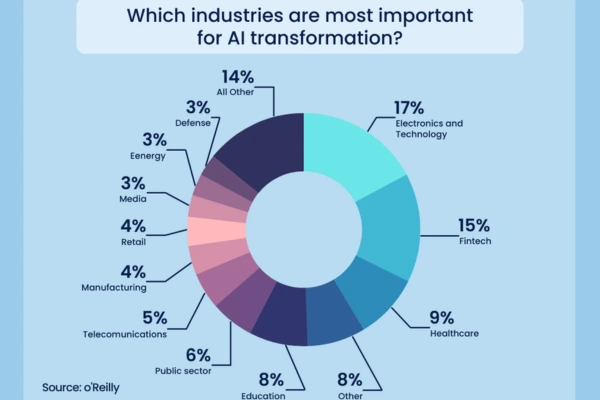
For instance, Amazon utilizes AI to recommend products based on past purchases and browsing history. This personalized approach not only enhances customer satisfaction but also increases sales conversions.
Moreover, AI-driven chatbots are revolutionizing customer service. Companies like Sephora employ AI chatbots to assist customers in real time, providing instant responses to inquiries and facilitating seamless shopping experiences. This level of personalization leads to higher customer satisfaction and loyalty, making AI a key player in enhancing customer interactions.
Transforming Workforce Dynamics
AI is also significantly transforming workforce dynamics. As AI technologies integrate into business processes, job roles are evolving, and new opportunities for collaboration are emerging.
For example, AI can automate routine tasks, allowing employees to focus on higher-level strategic initiatives. This shift not only enhances productivity but also fosters a culture of innovation as team members engage in more creative problem-solving.
Additionally, AI tools enable better collaboration among teams by providing data-driven insights that facilitate informed decision-making. Companies like Microsoft have integrated AI into their productivity software, enabling employees to work more efficiently and collaboratively, ultimately leading to a more dynamic work environment.
Future of AI in Business: Challenges and Opportunities
Barriers to AI Implementation
Despite the promising potential of AI, there are significant barriers to implementation that businesses must navigate. One of the primary challenges is the data infrastructure needed to support AI initiatives. Companies often struggle with integrating diverse data sources, which is essential for AI algorithms to function effectively.
Additionally, cultural readiness plays a crucial role in AI adoption. Organizations may face resistance from employees who are apprehensive about changes brought about by AI. It is essential for businesses to foster a culture that embraces technological advancements and encourages continuous learning.
Moreover, the skills gap is another significant barrier. Many organizations lack employees with the necessary expertise in AI and data science, making it challenging to implement AI-driven solutions successfully.
The Need for AI Governance and Ethics
As businesses increasingly rely on AI, the need for governance and ethical guidelines becomes paramount. Responsible AI use is crucial in ensuring that AI technologies are deployed fairly and transparently. Companies must establish frameworks for monitoring AI systems to prevent biases and ensure accountability.
This includes creating diverse teams that can identify potential ethical dilemmas and ensure that AI solutions align with organizational values. By prioritizing responsible AI practices, businesses can foster trust among customers and stakeholders, mitigating risks associated with AI deployment.
Predictions for AI’s Impact on Business
Looking ahead, the impact of AI on various sectors is expected to be profound. Predictions suggest that AI will continue to drive efficiency, foster innovation, and enhance customer experiences across industries.
In healthcare, AI is set to revolutionize diagnostics and treatment personalization, leading to improved patient outcomes. In finance, AI-driven algorithms will enhance risk management and fraud detection, ensuring safer transactions.
Furthermore, as AI technologies advance, we can anticipate increased collaboration between humans and machines, leading to unprecedented innovations. Companies that embrace AI as a strategic partner will likely find themselves at the forefront of their respective industries.
In conclusion, AI transformation offers immense potential for enhancing business efficiency and fostering innovation. By embracing AI’s capabilities, organizations can streamline operations, reduce costs, and elevate the customer experience. However, navigating the challenges of implementation and ensuring ethical AI use are crucial for sustainable success.
Are you ready to take your business to the next level? Explore the possibilities of AI transformation today and unlock new efficiencies and innovations that will propel your organization into the future.
Read More “ Jio Coin Price Prediction: How Much Will Reliance’s New Cryptocurrency Be Worth in 2025? How To Buy It?“
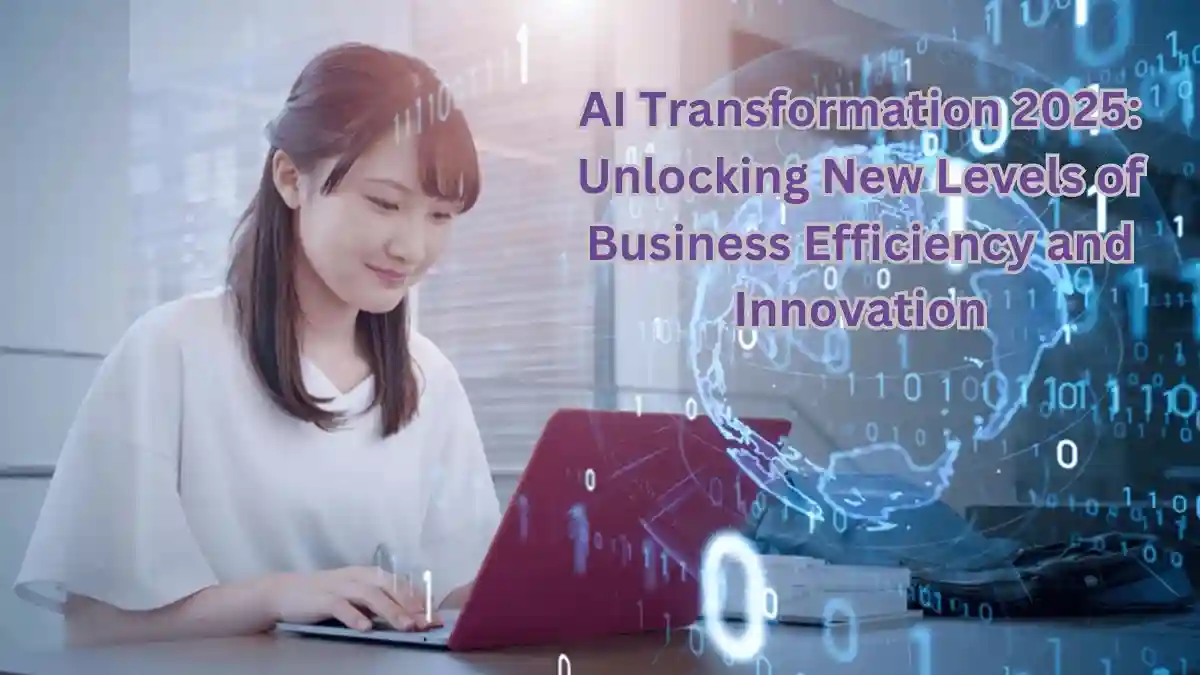
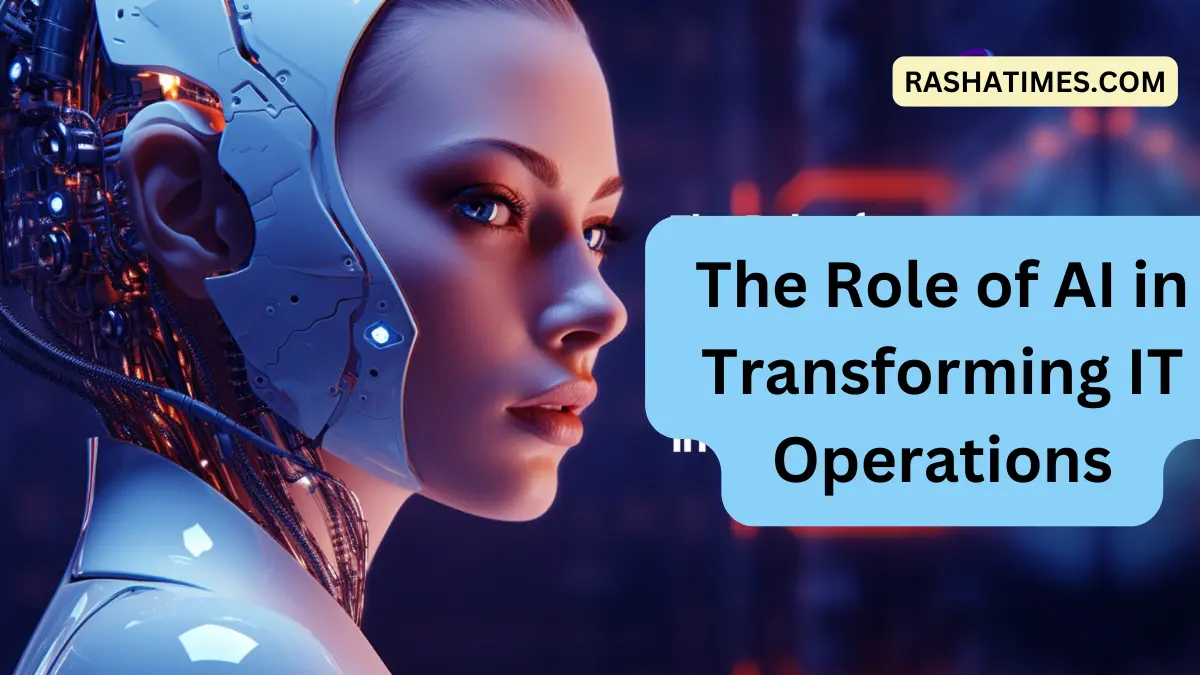
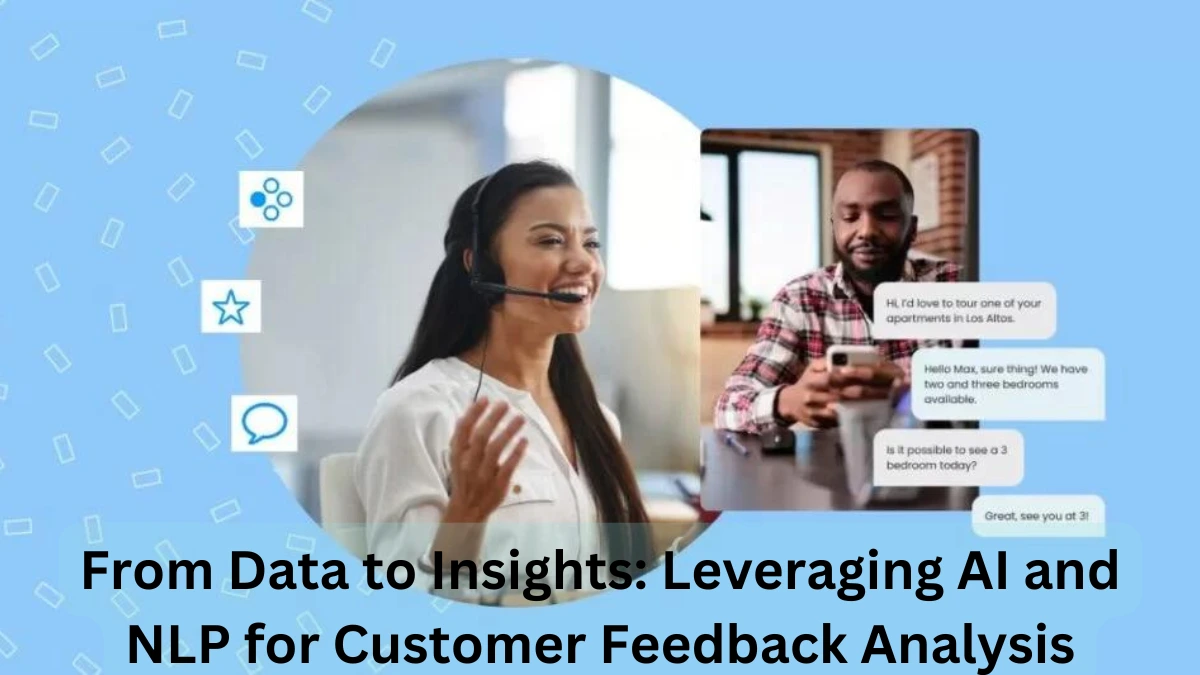


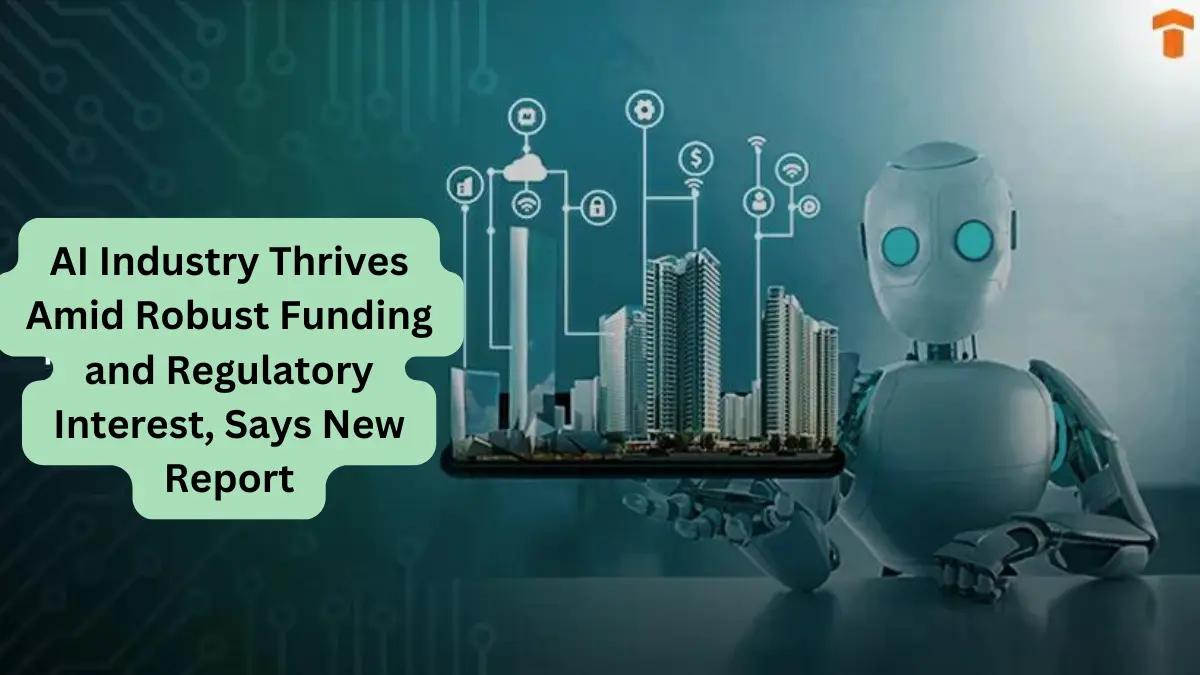

7 thoughts on “AI Transformation 2025: Unlocking New Levels of Business Efficiency and Innovation”